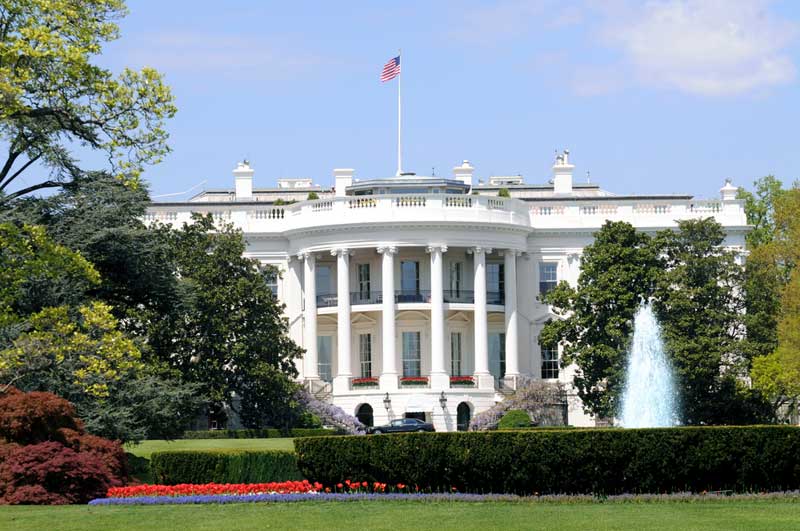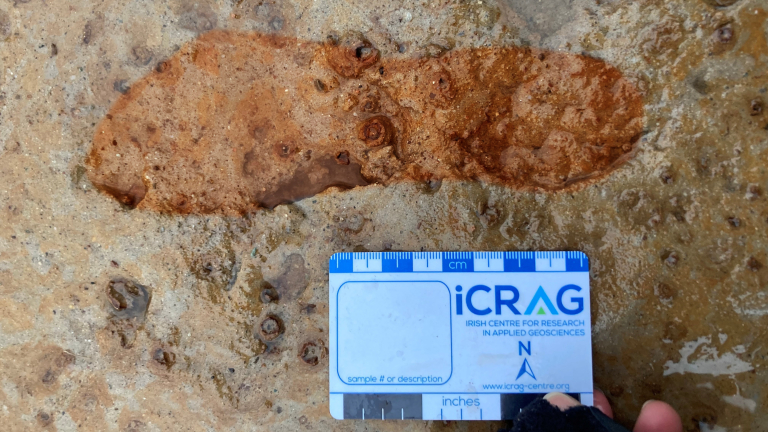White House Promises Free Access to Publicly Funded Research

Get the world’s most fascinating discoveries delivered straight to your inbox.
You are now subscribed
Your newsletter sign-up was successful
Want to add more newsletters?

Delivered Daily
Daily Newsletter
Sign up for the latest discoveries, groundbreaking research and fascinating breakthroughs that impact you and the wider world direct to your inbox.

Once a week
Life's Little Mysteries
Feed your curiosity with an exclusive mystery every week, solved with science and delivered direct to your inbox before it's seen anywhere else.

Once a week
How It Works
Sign up to our free science & technology newsletter for your weekly fix of fascinating articles, quick quizzes, amazing images, and more

Delivered daily
Space.com Newsletter
Breaking space news, the latest updates on rocket launches, skywatching events and more!

Once a month
Watch This Space
Sign up to our monthly entertainment newsletter to keep up with all our coverage of the latest sci-fi and space movies, tv shows, games and books.

Once a week
Night Sky This Week
Discover this week's must-see night sky events, moon phases, and stunning astrophotos. Sign up for our skywatching newsletter and explore the universe with us!
Join the club
Get full access to premium articles, exclusive features and a growing list of member rewards.
The results of research funded by U.S. taxpayers will be made freely available online under a new White House directive.
In a memo last week, John Holdren, the director of the White House office of science and technology policy (OSTP), notified federal agencies that they will have to make the results of studies they fund available on the Internet, 12 months after they appear in a scientific journal.
Separately, Holden wrote about the policy change in an official response to a White House "We the People" petition. That petition, which launched in May 2012 and gathered more than 65,000 signatures, had urged President Barack Obama to require free access to scientific journal articles from publicly funded research.
"The logic behind enhanced public access is plain," Holdren wrote in the response. "We know that scientific research supported by the Federal Government spurs scientific breakthroughs and economic advances when research results are made available to innovators. Policies that mobilize these intellectual assets for re-use through broader access can accelerate scientific breakthroughs, increase innovation, and promote economic growth."
The policy is similar to a 2008 National Institutes of Health (NIH) directive that now requires federally funded biomedical research to be made publicly available through an online archive called PubMed Central a year after appearing in a scientific journal.
The new rule will apply to agencies that spend more than $100 million in research and development. These agencies will have six months to draft their plan "to support increased public access to the results of research funded by the federal government," Holdren's directive says.
The Obama administration's move was applauded by many open-access advocates and scientists, including the American Astronomical Society (AAS), which says it has a similar delayed-access policy for its own journals and publishes a great deal of space research funded by NASA or the National Science Foundation.
Get the world’s most fascinating discoveries delivered straight to your inbox.
"This is a win-win situation," AAS executive officer Kevin B. Marvel said in a statement. "The administration's policy supports academic publishers even as it makes the results of taxpayer-funded research freely available to the public. This sensible approach will help the AAS continue to pursue its mission to enhance and share humanity’s scientific understanding of the universe."
Follow LiveScience on Twitter @livescience. We're also on Facebook & Google+.

 Live Science Plus
Live Science Plus










